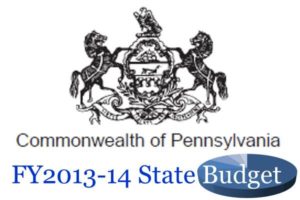DPW Reaches Out to Stakeholders Over Tobacco $ Loss
Pennsylvania Department of Public Welfare Secretary Beverly Mackereth has sent the following message to health care providers and other stakeholders that will be affected by the state’s loss of $180 million in national tobacco settlement money as a result of a recent arbitrary decision.
October 2, 2013
I am reaching out to you, our valued stakeholder, to provide you with information about the potential impact of the recent tobacco master settlement agreement (MSA) decision. Please understand this legal action and the potential next steps are in no way a reflection of the quality of your work or actions as a partner with the Department of Public Welfare (DPW). This decision stems back to circumstances that occurred in 2003.
As you may be aware, the Pennsylvania Attorney General’s office recently notified the Governor’s Budget Office that the state’s annual share of the tobacco MSA will be reduced by an estimated $180 million, or 60 percent of the state’s base tobacco payment, as a result of a decision by an arbitration panel to address claims from 2003.
While this decision has immediate impacts to Pennsylvania’s health and human services programs, the Corbett Administration is committed to maintaining direct services and mandatory healthcare programs. I would like to reassure you that we are working diligently to ensure services will continue without interruption for all Pennsylvanians.
The reduction will occur in the state’s April 2014 MSA payment, which supports spending in the current fiscal year. This has forced the state to freeze discretionary funding from the MSA. As of now the only DPW program affected will be uncompensated care payments to hospitals.
Please be assured, this course of action was not arrived at lightly. Immediate action is necessary in the face of such a dramatic decrease in revenues due to the MSA decision. Moving forward, the Attorney General’s Office is preparing an appeal of the decision.
The attached press release provides additional information regarding this issue. I appreciate your time and understanding as we work together on this issue.
Sincerely,
Beverly Mackereth, Secretary
Department of Public Welfare
The loss of uncompensated care payments will pose a major challenge to the state’s safety-net hospitals, which are the primary providers of care to the uninsured in Pennsylvania and the primary recipients of these funds.
Go here for the press release cited above.







